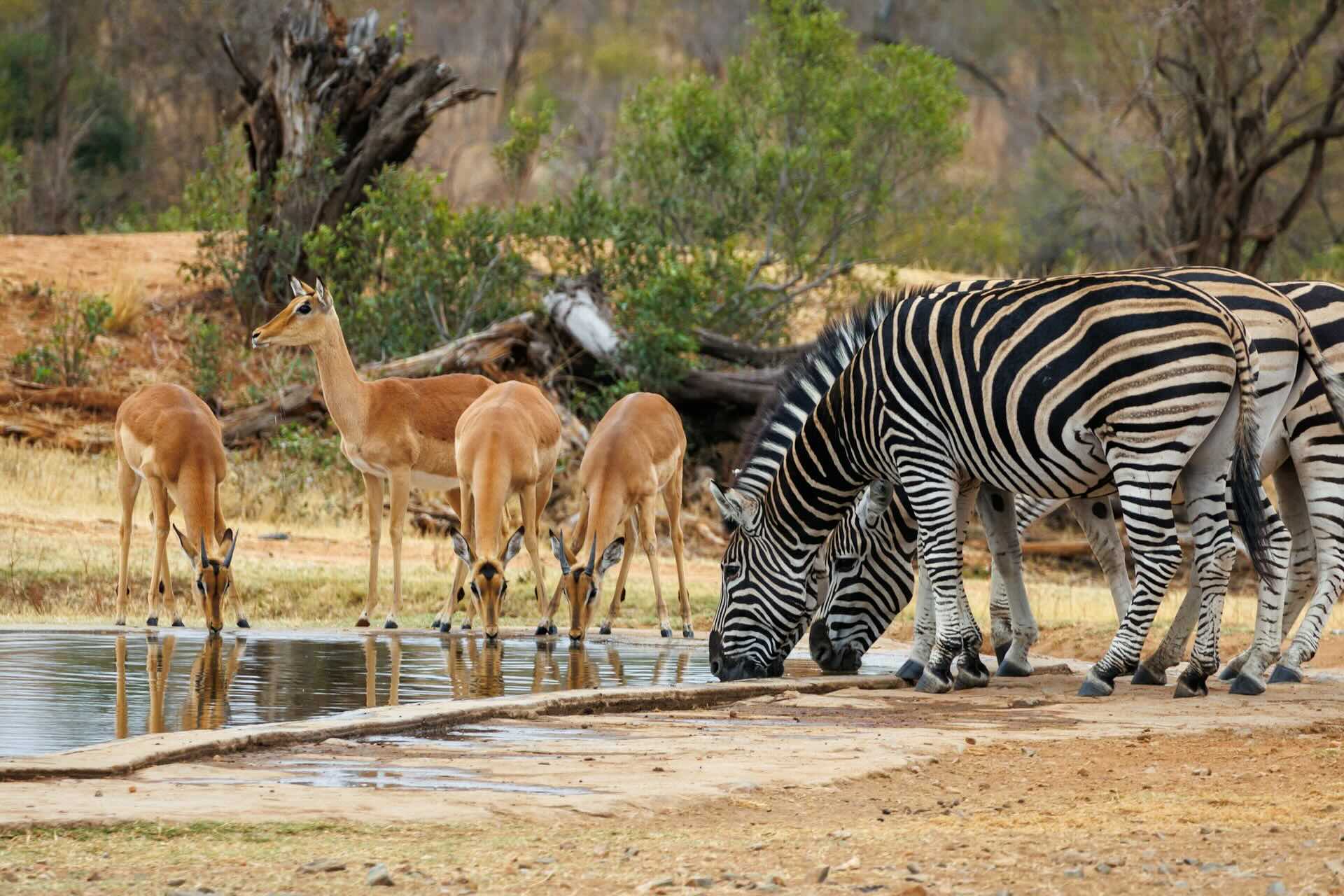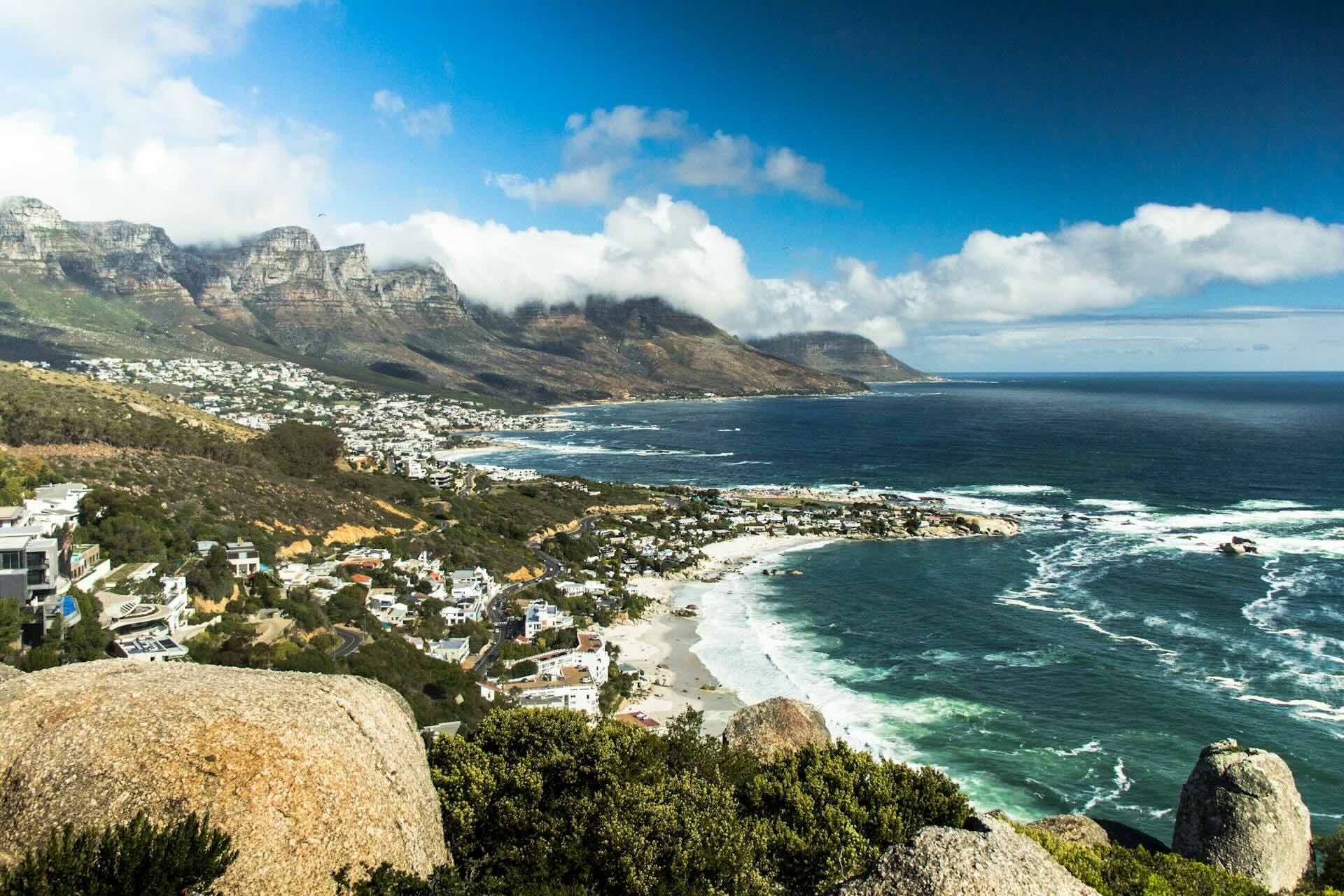Kruger National Park is one of the most iconic safari destinations in the world. Located in northeastern South Africa, it offers vast landscapes, diverse wildlife, and an unforgettable chance to connect with nature. Planning a trip here provides more than just game drives. It delivers history, culture, and a true sense of Africa’s wilderness.
Why Kruger National Park Stands Out
Kruger National Park is one of the largest game reserves in Africa, spanning nearly 7,500 square miles. It is home to the Big Five—lion, leopard, elephant, buffalo, and rhino—as well as hundreds of bird species and smaller animals. Unlike smaller reserves, Kruger offers ecosystems ranging from savannahs to rivers and woodlands. This variety means every safari feels unique, and no two days are the same.
A Rich History
Kruger has a long conservation history, dating back to its establishment in 1926. Named after President Paul Kruger, the park symbolizes South Africa’s dedication to preserving its wildlife. Archeological sites within the park also reveal evidence of human settlement from thousands of years ago, making it a destination where natural and cultural history intersect.
The Best Time to Visit
While Kruger National Park is open year-round, the experience changes with the seasons.
Dry Season
From May to September, cooler temperatures and sparse vegetation make it easier to spot wildlife. Animals gather around waterholes, and game drives often yield dramatic sightings. This is the most popular time for international visitors.
Wet Season
From October to April, the park becomes lush and green. Birdwatching is at its best, as migratory species arrive. While the bush is denser and animals may be harder to spot, the landscape feels alive with new life. Many travelers prefer this season for its beauty and fewer crowds.
Safari Experiences
Visitors to Kruger National Park can choose from a variety of safari styles, each offering a different perspective on the wilderness.
Guided Game Drives
Professional rangers lead open-vehicle drives, taking you deep into areas where wildlife sightings are likely. Morning and evening drives are especially rewarding, with opportunities to see predators hunting or herds moving.
Self-Drive Safaris
Kruger is one of the few parks where travelers can drive themselves. Well-marked roads allow visitors to explore at their own pace, stopping at rest camps, hides, and picnic areas. This flexibility appeals to those who want independence.
Walking Safaris
Guided walking safaris let you experience the bush on foot. Rangers and trackers share knowledge of animal behavior, plants, and tracks. Walking safaris provide a deeper appreciation of the smaller details often missed in vehicles.
Where to Stay
Kruger National Park offers a wide range of accommodations, from rustic camps to luxury lodges.
Rest Camps
The park’s rest camps, managed by South African National Parks, provide affordable lodging options. Visitors can choose from bungalows, tents, and cottages. Each camp includes amenities such as shops, restaurants, and fuel stations.
Private Lodges
Bordering and within Kruger are private reserves offering luxury safari lodges. Places like Sabi Sands are famous for close-up leopard sightings and exclusive experiences. Staying at a private lodge often includes gourmet dining, spa treatments, and personalized game drives.
Camping
For adventurous travelers, Kruger allows camping at designated sites. Falling asleep to the sounds of the bush creates an unforgettable memory. Facilities vary by camp, so plan ahead when choosing a site.
Beyond the Safari
Kruger National Park offers more than just wildlife viewing.
Cultural Heritage
Archeological sites such as Masorini and Thulamela showcase the history of Iron Age settlements. These areas highlight the human connection to the land and provide cultural depth to a safari experience.
Birdwatching
With over 500 bird species, Kruger is a paradise for bird enthusiasts. Rare species such as the Pel’s fishing owl or saddle-billed stork make the park a bucket-list destination for birders.
Scenic Routes
Beyond the game drives, scenic roads showcase dramatic landscapes. The Lebombo Mountains to the east and the Sabie River region offer stunning views and photographic opportunities.
Travel Tips for Kruger National Park
Planning a trip to Kruger requires preparation.
Health and Safety
The park is in a malaria area, so consult a doctor about preventative medication. Bring insect repellent and wear long sleeves in the evenings.
Packing Essentials
Pack light clothing for daytime and warm layers for mornings and evenings. A good camera with zoom lens, binoculars, sunscreen, and a reusable water bottle are essential.
Entry and Permits
Visitors must pay conservation fees, which contribute to park maintenance. These can be paid online in advance or at entry gates.
Guided vs. Independent
First-time visitors may benefit from guided safaris, while experienced travelers often enjoy the flexibility of self-drives. Both options can be combined for a well-rounded experience.
Why Kruger Belongs on Every Traveler’s List
Kruger National Park is not just about seeing wildlife. It is about connecting with nature on a deep level. Watching elephants at a waterhole, hearing lions roar at night, or spotting a leopard in a tree are experiences that stay with you forever. The park offers accessibility without losing its wild essence, making it perfect for first-time safari travelers and seasoned adventurers alike.
From its Big Five encounters to its cultural landmarks, Kruger delivers a safari adventure that is both thrilling and meaningful. Every trip contributes to conservation efforts, helping to preserve this extraordinary ecosystem for future generations.
Plan a trip to Kruger National Park at TravelPal.ai

